|
|
 |
21st IUVSTA Summer School on
Physics at Nanoscale
3rd - 7th June 2024, hotel Skalský Dvůr, Czech Republic
school Indico
|
 |
Hidde H. Brongersma
Low Energy Ion Spectroscopy: Short history and the Tempus project
Eindhoven University of Technology & Callipso
Hidde Brongersma studied both physics and chemistry at Leiden University, where he also received his PhD. During his career he has worked at the interface of physics and chemistry. After a postdoc at Caltech he joined Philips Electronics where he was at the cradle of Low Energy Ion Scattering (LEIS). During his time at Philips he directed research on the development of the compact disc, optical fibers, and a variety of high-end glass applications. Parallel to his industrial career, he was appointed as professor of chemistry at Leiden University. Later he joined the faculty of physics at the Eindhoven University of Technology. This gave him the opportunity to further develop the LEIS technique and apply it to solve problems in a great variety of materials applications. He is (co-)author of more than 280 papers, editor of 2 books, holds patents on the compact disc, optical fibers and on LEIS. In Eindhoven he directed large research efforts on catalysis, polymers, III-V semiconductors and ceramics, and was a member of the Board of 2 Centers of Excellence in The Netherlands. Brongersma received numerous awards, an honorary doctorate and the prestigious Jacob Kistemaker price in physics. He started a successful start-up company, Calipso BV, which was at the basis of the High-Sensitivity LEIS technique that is now further developed and marketed by ION-TOF in Germany. In 2010 he was appointed as honorary professor at Imperial College in London.
| 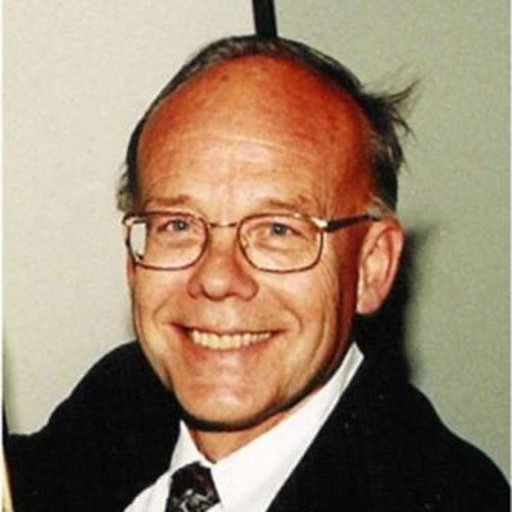 |
| [Return to top] |
Andrii Chumak
Magnonics and Spintronics
TU Vienna
Andrii Chumak was born in 1982 in Uman, Ukraine and he is Professor of Experimental Solid State Physics at the Faculty of Physics from the University of Vienna since September 2019.
After studying physics at the Taras Shevchenko National University of Kiev from 1999-2005, Dr. Chumak wrote his PhD thesis on parametric processes of spin waves and received his PhD from the university’s Faculty of Radiophysics in 2009. In 2004, he worked as a visiting scientist at the Department of Physics at Colorado State University. After receiving his PhD, Dr. Chumak continued his research at the Department of Physics at the Technical University of Kaiserslautern as a postdoctoral researcher and became a Principal Investigator in 2011 to study magnonic crystals and spin-orbit phenomena. In 2016, Dr. Chumak habilitated at TU Kaiserslautern, received the prestigious ERC Starting Grant "Magnonic Nano-Circuits for Novel Computer Systems”, and continued his research as Junior Professor and Head of the ERC Young Investigator Group in Kaiserslautern. In 2019, Andrii Chumak was appointed University Professor and Head of the "Nanomagnetism and Magnonics” group at the Faculty of Physics at the University of Vienna. A. Chumak is the author of about a hundred publications in high-impact international journals and has participated in numerous national and European projects.
| 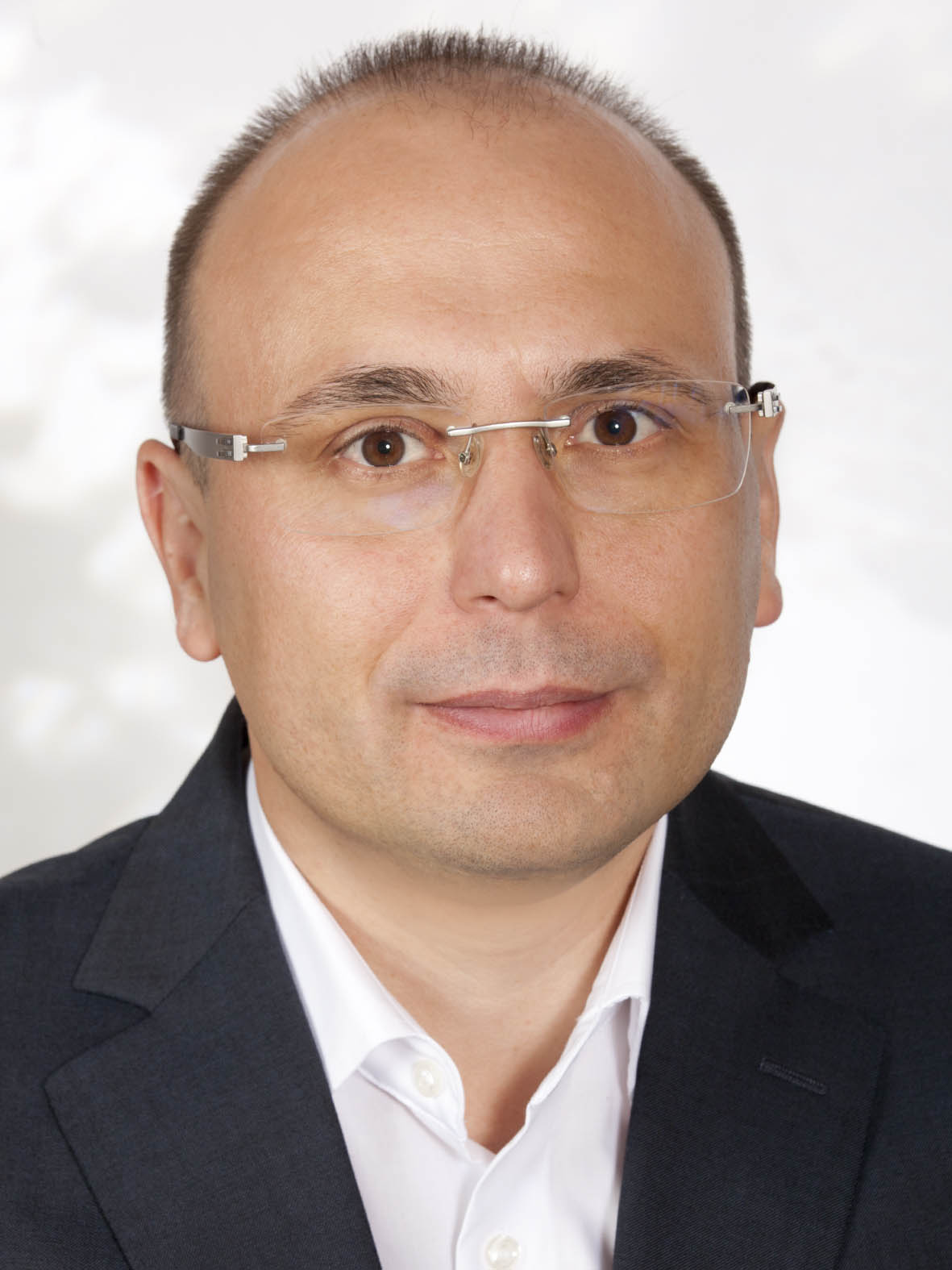 |
| [Return to top] |
Ivan Gordon
Photovoltaics: Its role in the future energy system and its main challenges
IMO-IMOMEC & TU Delft
Professor Dr. Ivan Gordon obtained his PhD in the field of novel magnetic materials for sensor applications from the University of Leuven, Belgium in February 2002. He started to work in the field of photovoltaics in June 2003 at IMEC. Currently, he is director of the IMOMEC department of IMEC, and vice-director of the Institute of Material Research (IMO) of Hasselt University in Belgium. Next to this, he is also part-time professor in Digital Photovoltaics at the Delft University of Technology in the Netherlands and Editor-in-Chief of the international scientific journal Solar Energy Materials and Solar Cells. Since January 2016, he is the coordinator of the joint program on Photovoltaics of the European Energy Research Alliance (EERA) and a steering committee member of the European Technology and Innovation Platform Photovoltaics (ETIP-PV). He has authored and co-authored more than 240 journal and conference papers (~4300 citations, h-factor 35, January 2024). He is a member of the scientific committee of many international conferences (e.g. European Photovoltaic Solar Energy Conference, IEEE Photovoltaic Specialists Conference, Silicon Photovoltaic Conference, International Renewable and Sustainable Energy Conference, ...) and has himself presented more than 30 invited talks at international conferences, workshops and schools.
|  |
| [Return to top] |
Thomas Juffmann
Information and Imaging: Electrons and Light
Max Perutz Labs &
& University of Vienna
Thomas Juffmann did his PhD on molecular quantum optics at the University of Vienna. He then moved to Stanford to work on quantum enhanced imaging with electrons and photons. After that, he joined the ENS Paris as an interdisciplinary HFSP fellow working on adaptive optics. In 2018, he started the Quantum Imaging and Biophysics group in a joint venture between the Faculty of Physics and the Max Perutz Labs.
| 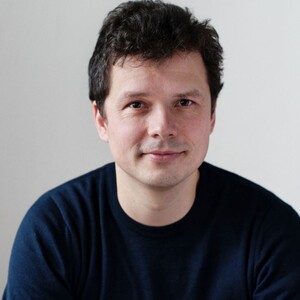 | 200
| [Return to top] |
Radovan Kopecek
Advanced Solar Cells
ISC Konstanz
Dr. Radovan Kopecek obtained his Diploma in Physics at the University of Stuttgart in 1998. In addition, he studied at Portland State University (Oregon, USA), where he obtained a Master of Science in 1995. In 2002 he finalizes his PhD dissertation in Konstanz in the field of thin film crystalline photovoltaics.
Until the end of 2006 he was a group leader of n-type cell technology at University of Konstanz. One of the founders of ISC Konstanz, Dr. Kopecek has been working at the institute as a full time manager and researcher since 2007 and was a managing director and the head of the Advanced Solar Cells department until June 2023 and since July 2023 the department leader of Strategy and Education. Dr. Kopecek was since 2016 until 2021 in the board of directors of EUREC (Association of EU´s R&D centers involved in renewables). He is co-founder of ATAMOSTEC in 2018 – an R&D center for desert modules and systems in Chile and since 2022 in board of directors. In 2022 Dr. Kopecek was elected also for the board of directors of ESMC (European Solar Manufacturing Council). Since Mai 2023 he is one of the spokesmen of BMWK´s (Germanys Ministry of Economy and Climate Protection) working group PV production.
| 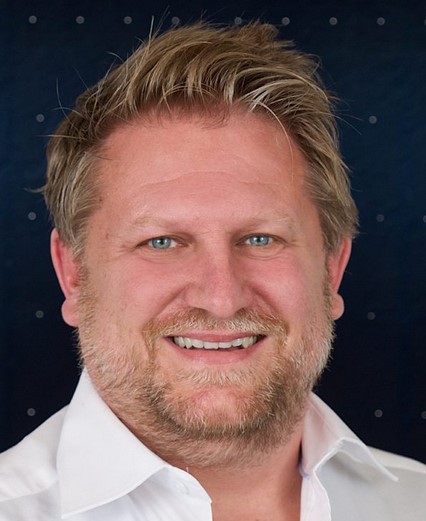 |
| [Return to top] |
Petr Kostelník
Semiconductors for modern electronic devices
onsemi
Petr Kostelník received his masters and Ph.D. degrees from the Faculty of Mechanical Engineering, Brno university of Technology in 2003 and 2009, respectively. In 2008 he has joined ON Semiconductor (now onsemi) as the Material Science Engineer with focus on the development of silicon epitaxial processes. He has since expanded his expertise in the research and development of Silicon-on-Insulator wafers, GaN-on-Si epitaxy and SiC wafer manufacturing technologies. In 2023 he assumed the role of the Manager of the Material Science engineering group at the Rožnov pod Radhoštěm onsemi site.
| 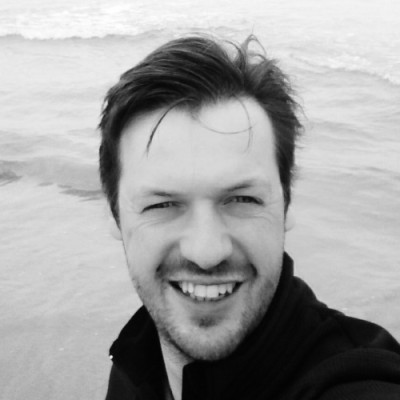 |
| [Return to top] |
Olivier Martin
Nanophotonics
Swiss Federal Institute of Technology, Lausanne (EPFL)
Olivier J.F. Martin received the M.Sc. and Ph.D. degrees in physics in 1989 and 1994, respectively, from the Swiss Federal Institute of Technology, Lausanne (EPFL), Switzerland. In 1989, he joined IBM Zurich Research Laboratory, where he investigated thermal and optical properties of semiconductor laser diodes. Between 1994 and 1997 he was a research staff member at the Swiss Federal Institute of Technology, Zurich (ETHZ). In 1997 he received a Lecturer fellowship from the Swiss National Science Foundation (SNSF). During the period 1996-1999, he spent a year and a half in the U.S.A., as invited scientist at the University of California in San Diego (UCSD). In 2001 he received a Professorship grant from the SNSF and became Professor of Nano-Optics at the ETHZ. In 2003, he was appointed Professor of Nanophotonics and Optical Signal Processing at the Swiss Federal Institute of Technology, Lausanne (EPFL), where he is currently head of the Nanophotonics and Metrology Laboratory. Between 2005 and 2017 he was Director of the EPFL Doctoral Program in Photonics (approx. 100 PhD students) and between 2016 and 2020 he was Director of the EPFL Microengineering Section (1’000 students). In that latter capacity he has conducted an in-depth reform of the study plan and introduced the new EPFL Master in Robotics.
|  |
| [Return to top] |
Monica Morales Masis
Functional optoelectronic thin films
MESA+, University of Twente
M. Morales Masis focusses on the development and understanding of functional optoelectronic thin film materials: hybrid halide perovskites, transparent conducting oxides (TCOs) and p-type transparent conducting materials. Her group explores and develops physical vapour deposition (PVD) techniques to achieve thin film growth control, tune optoelectronic material properties and even discover new materials, with applications in energy conversion and/or efficient devices like solar cells, light emitting diodes, photonics and transparent electronics.
| 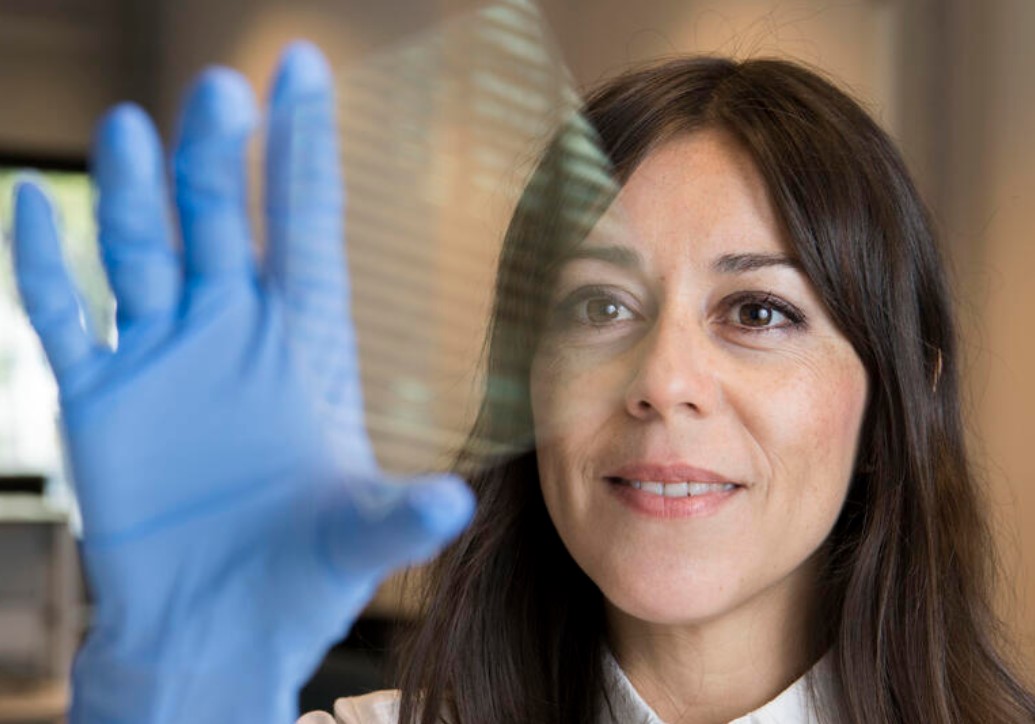 |
| [Return to top] |
Michael Nelhiebel
Principal reliability at automotive industry
Kompetenzzentrum Automobil & Industrie (KAI) GmbH / Infineon Technologies Austria AG
Michael Nelhiebel received the M.Sc. degree in physics from the Vienna University of Technology, Austria, and the Ph.D. degree in solid-state physics from Ecole Centrale Paris, France, with a project on interferometry in electron energy loss spectrometry (EELS) in the TEM. In 1999, he joined Infineon Technologies Austria as a reliability engineer for the silicon wafer production site Villach. Since 2006, he was responsible for technology and product reliability of major automotive technology platforms. In 2011, he moved to the Infineon held research center KAI GmbH, Villach, to participate in research projects on power semiconductor reliability, failure mechanisms, and material behavior and modelling from macro- to microscale, within a network of academic research partners in Austria and Europe. As a senior principal engineer he today serves as the technical lead of KAI, coordinating and driving research topics from device physics to materials science, together with a team of researchers and more than 25 PhD students.
| 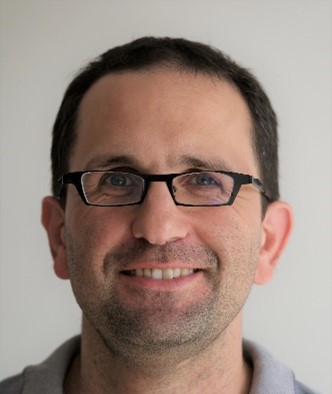 |
| [Return to top] |
Gizem Nogay
Photovoltaic production in Europe
Meyer Burger Research
Gizem works as Innovation Project Manager at Meyer Burger Switzerland. In PILATUS, she and her team are responsible to build an SHJ tunnel-IBC module pilot line starting from design to commissioning, testing, ramping up, and demonstrating an annual throughput of 170 MW.
| 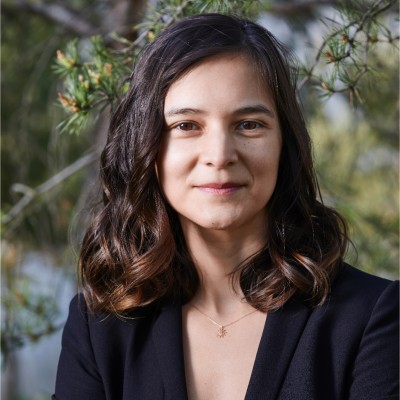 |
| [Return to top] |
Gareth Parkinson
Metal oxide surfaces
Institute of Applied Physics, TU Wien
G. Parkinson and his group explores comprehensive surface science approach to study the physics and chemistry of metal oxide surfaces, and so-called “single-atom” catalysts, such as iron oxide surfaces, in particular the (001) of Magnetite (Fe3O4) and the (012) surface of Hematite (Fe2O3). They combine STM and nc-AFM work with data from state-of-the-art surface chemistry setup, all on the same sample, at the same time. The focus moves towards realistic conditions using UHV-interfaced high-pressure and electrochemical cells. This direction is part of the Cluster of Excellence consortium (Materials for Energy Conversion and Storage) selected for funding by the Austrian Science Fund.
| 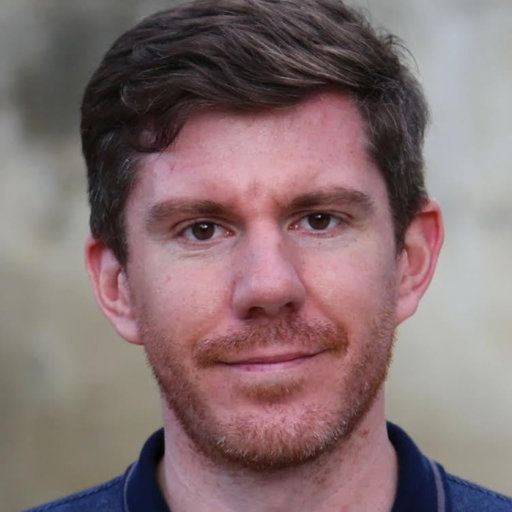 |
| [Return to top] |
Daniel Primetzhofer
Light element analysis in energy materials by ion beams
KeV beams in materials science - some fundamentals and novel applications
Uppsala University
Daniel Primetzhofer obtained his PhD in 2010 at Johannes Kepler University in Linz Austria. He is presently a Professor of Experimental Physics at Uppsala University in Sweden, and director of a national Swedish research infrastructure (The Tandem accelerator laboratory) providing ion beam tools for materials research. His research group works on understanding physical processes in energy materials for e.g. smart windows, hydrogen in solids & nanoelectronics. Correlating composition and functionality and studying materials modification processes at the atomic scale they often employ in-situ and in-operando analysis but investigate also fundamental aspects of matter such as non-adiabatic electronic phenomena induced by energetic ions. As director of the tandem laboratory Daniel Primetzhofer aims to provide and develop tools for ion beam-based research meeting demands in many research fields; from basic physics to life sciences.
| 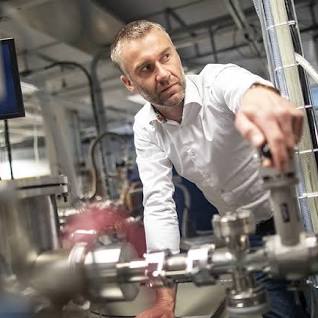 |
| [Return to top] |
Erik Reimhult
Bionanosciences
University of Natural Resources and Life Sciences, Vienna
E. Reimhult obtained his PhD in 2004 from Chalmers University of Technology, which was followed by postdocs at IMRE in Singapore and at ETH Zürich. From 2008, he was a Senior scientist in the Laboratory for Surface Science and Technology at ETH Zürich, supervising a group working on lipid membranes, nanoparticles, and biosensors. Since 2010, he has been a Professor of Nanobiotechnology at BOKU University, and he is the head of the Department of Bionanosciences and the Institute of Colloid and Biointerface Science. The focus of his institute is currently on using colloidal methods to study the interactions of bacteria and biofilms with solid and liquid interfaces, fabricating functional bionanocomposites, and responsive polymer nanostructures with applications in biotechnology and medicine.
| 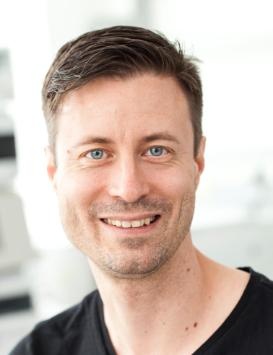 |
| [Return to top] |
Heike Riel
Physics at the frontiers of information technology
IBM Research Quantum Europe
Heike Riel is IBM Fellow, Head of Science & Technology and Lead of IBM Research Quantum Europe at IBM Research. She is responsible for leading the research agenda of the Science & Technology department aiming to create scientific and technological breakthroughs in Quantum Computing, Physics of Artificial Intelligence, Nanoscience and Nanotechnology, Precision Diagnostics and Smart System Integration.
| 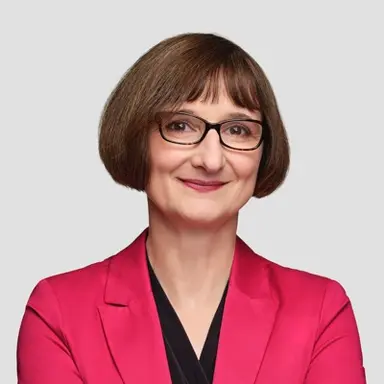 |
| [Return to top] |
Martin Vacha
Nanoscale physics of perovskites and organic materials observed by optical micro-spectroscopy: from single molecules and quantum dots to photovoltaics
Tokyo Institute of Technology
Martin Vácha received his PhD in physics from Charles University in Prague in 1991. He spent most of his professional career in Japan where he worked as postdoc at the University of Tokyo and at Electrotechnical Laboratory in Tsukuba, and as assistant professor at Gakushuin University and at TUAT. He is currently professor at Tokyo Institute of Technology which he joined in 2004. He also serves as editor-in-chief of the journal NPG Asia Materials. Prof. Vácha’s group uses single-molecule spectroscopy to study nanoscale properties of a variety of materials and systems, including conjugated polymers, supramolecular fibers, natural and artificial light-harvesting complexes, polymer solids, and halide perovskite nanocrystals and films.
| 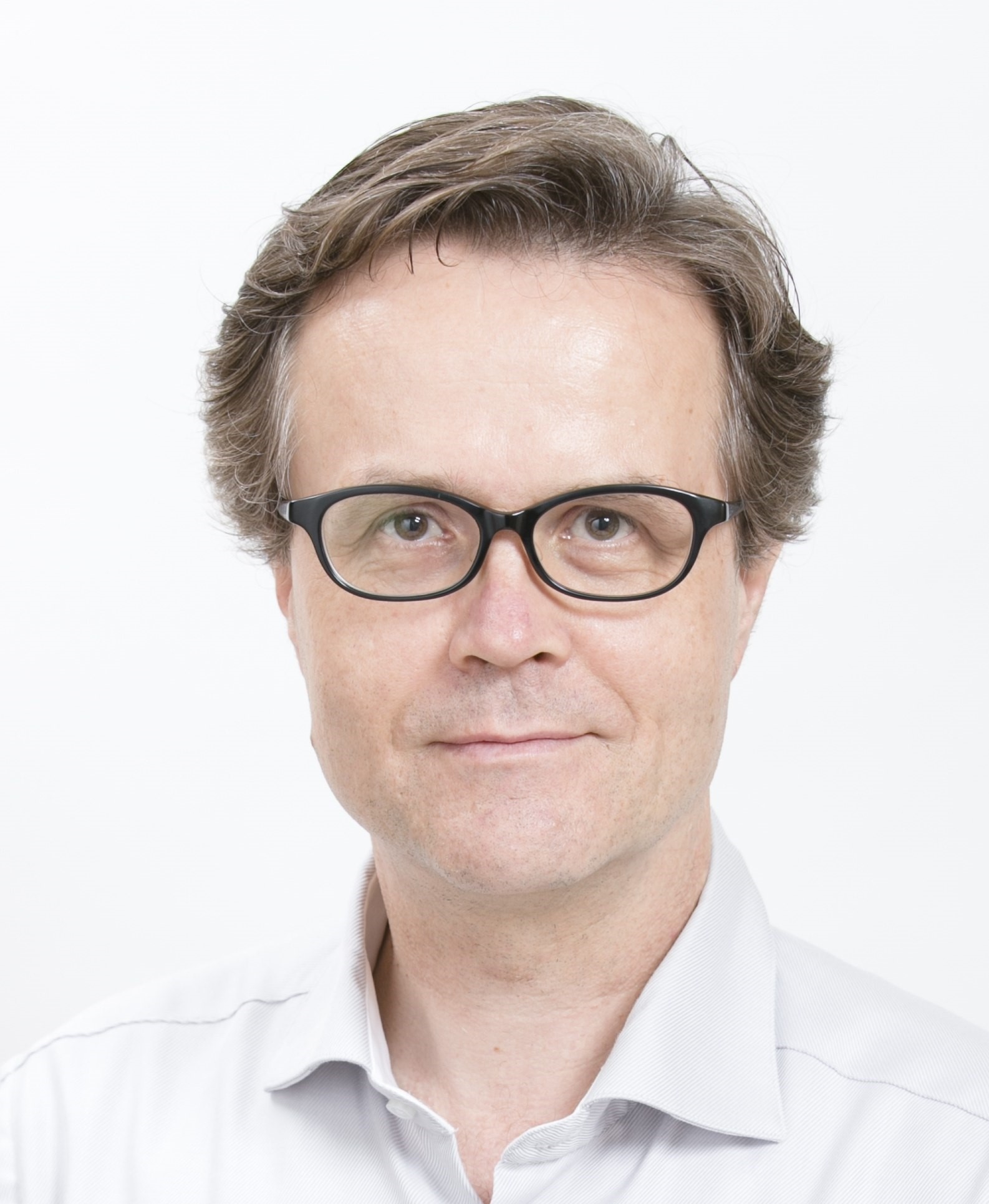 |
| [Return to top] |
|
|
|
|
oooooooooooooooooooooo |
|